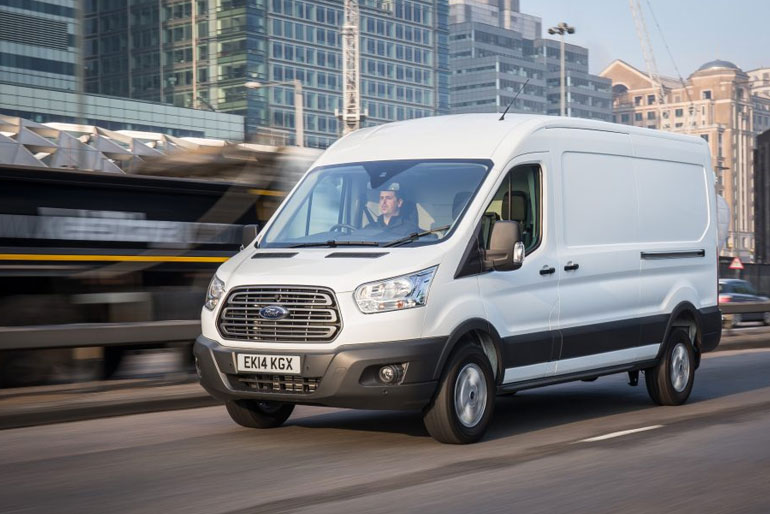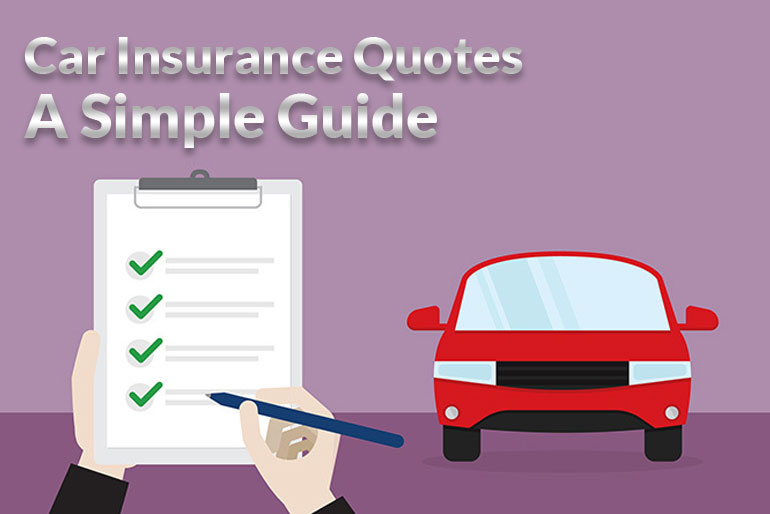Car insurance can feel like a maze of terms, numbers, and policies. But getting a car insurance quote doesn’t have to be daunting. This guide will break it down in a way that’s easy to understand, helping you navigate the process with confidence.
What Is a Car Insurance Quote?
A car insurance quote is an estimate of how much you’ll pay for car insurance. It’s based on various factors, including your driving history, the type of car you drive, where you live, and more. Getting a quote is the first step in buying car insurance.
Why Get a Car Insurance Quote?
- Comparison Shopping: Insurance companies offer different rates for similar coverage. By getting multiple quotes, you can find the best deal.
- Understanding Coverage Options: Quotes help you see what types of coverage are available and what they cost.
- Budgeting: Knowing how much insurance will cost helps you budget accordingly.
How to Get a Car Insurance Quote
Online
Many insurance companies offer free quotes on their websites. You’ll need to fill out a form with information about your car, driving history, and personal details. Within minutes, you’ll receive an estimate.
Through an Agent
Insurance agents can provide quotes from multiple companies. They can also answer questions and help you understand different coverage options.
By Phone
Calling insurance companies directly can also get you a quote. This method allows you to ask questions and get immediate answers.
Information Needed for a Quote
- Personal Information: Name, address, date of birth, and gender.
- Vehicle Information: Make, model, year, and Vehicle Identification Number (VIN).
- Driving History: Information about any accidents, violations, or claims.
- Coverage Preferences: Types and amounts of coverage you’re interested in.
Factors Affecting Car Insurance Quotes
- Driving Record: A clean driving record usually results in lower rates.
- Location: Where you live affects your rate due to factors like traffic, crime rates, and weather.
- Type of Car: Some cars are more expensive to insure due to factors like repair costs and theft rates.
- Age and Gender: Younger drivers and males often pay more.
- Credit Score: In many states, a good credit score can lead to lower rates.
- Coverage Levels: Higher coverage limits and lower deductibles increase your premium.
Types of Coverage
- Liability Coverage: Covers damages you cause to others in an accident. It’s usually required by law.
- Collision Coverage: Covers damage to your car from a collision.
- Comprehensive Coverage: Covers non-collision-related damage (e.g., theft, fire, natural disasters).
- Personal Injury Protection (PIP): Covers medical expenses for you and your passengers.
- Uninsured/Underinsured Motorist Coverage: Covers you if the other driver doesn’t have enough insurance.
Tips for Lowering Your Car Insurance Quote
- Bundle Policies: Combine car insurance with other policies (like home insurance) for discounts.
- Increase Deductibles: Higher deductibles lower your premium but increase your out-of-pocket costs in an accident.
- Take Advantage of Discounts: Look for discounts for things like good driving, low mileage, and safety features.
- Maintain a Good Credit Score: A higher credit score can lead to lower rates.
- Drive Safely: Avoid accidents and traffic violations to keep your rates low.
Understanding Your Quote
Premium
This is the amount you’ll pay for your insurance policy. It can be paid monthly, quarterly, or annually.
Deductible
This is the amount you’ll pay out of pocket before your insurance kicks in. Higher deductibles usually mean lower premiums.
Coverage Limits
These are the maximum amounts your insurance will pay for covered damages. Make sure the limits are high enough to protect your assets.
Choosing the Right Quote
When comparing quotes, don’t just look at the price. Consider the coverage options, deductibles, and limits. Make sure you’re comparing apples to apples. Also, consider the insurance company’s reputation for customer service and claims handling.
Common Mistakes to Avoid
- Underinsuring: Don’t choose the lowest coverage just to save money. Make sure you’re adequately protected.
- Not Comparing Enough Quotes: Get at least three quotes to ensure you’re getting a good deal.
- Overlooking Discounts: Always ask about available discounts.
- Ignoring the Fine Print: Read the policy details carefully to understand what is and isn’t covered.
Final Thoughts
Getting a car insurance quote is a crucial step in protecting yourself and your vehicle. By understanding the factors that affect your quote and knowing how to compare options, you can find the right coverage at the right price. Remember, it’s not just about finding the cheapest policy, but about getting the best value for your needs. Take your time, ask questions, and choose a policy that gives you peace of mind on the road.
With this guide, you’re now equipped to approach car insurance quotes with confidence. Happy driving!







